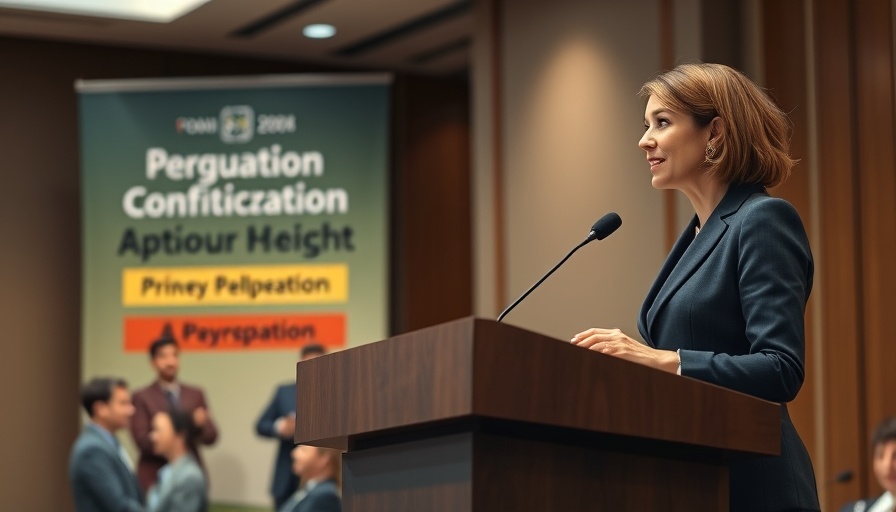
Combating Illicit Financial Flows: A Vital Initiative for Africa
The African Development Bank (AfDB), in collaboration with the government of the Central African Republic, is set to host a significant four-day policy dialogue aimed at tackling Illicit Financial Flows (IFFs) within the natural resources sector. Slated for June 10-13, 2025, the event is part of the bank's Governing Natural Resource Outflows for Enhanced Economic Resilience (GONAT) project, which targets six African nations: Central African Republic, Chad, Democratic Republic of the Congo, Mozambique, Sierra Leone, and Zimbabwe. This important gathering aims to strengthen domestic resource mobilization, a critical component for economic resilience.
Understanding Illicit Financial Flows
Illicit Financial Flows refer to money that is illegally earned, transferred, or utilized, often depriving nations of much-needed revenue. In resource-rich African countries, IFFs hinder sustainable development by draining financial resources that could otherwise be used for public services and infrastructure. This dialogue is crucial in envisioning coordinated responses to these issues, promoting a healthier economic environment.
Building Capacity through Training
During the first three days of the event, technical training sessions will be held to empower government officials from the Central African Republic. These sessions will cover vital topics such as definitions and frameworks for IFFs, key enablers of these flows, and tools for measuring and assessing associated risks. By focusing on building institutional capacity, the AfDB aims to equip these officials with the necessary skills to govern their natural resource sectors effectively.
The Importance of Multi-Stakeholder Engagement
The final day of the event will feature a high-level policy dialogue that will gather diverse stakeholders, including policymakers, the private sector, civil society organizations, and local communities. Through collaborative discussions, participants will explore actionable recommendations that promote national dialogue and establish communities of practice to facilitate ongoing project implementation. Engaging these various parties is essential for a united front against IFFs.
Looking Ahead
As illicit financial flows continue to pose serious challenges to economic stability, this policy dialogue represents a pivotal step in fortifying regional capacities to combat them. By fostering cooperation among government officials, private entities, and civil society, the AfDB aims to develop sustainable solutions that can mitigate the adverse effects of IFFs.
Determining approaches to effectively combat illicit financial flows can pave the way for better governance and economic development, aligning with broader goals of enhancing economic resilience in Africa's resource-rich nations. The outcomes from this meeting could influence future policies and strategies vital to the continent's economic sovereignty.
 Add Row
Add Row  Add
Add 




 Add Row
Add Row  Add
Add 


Write A Comment